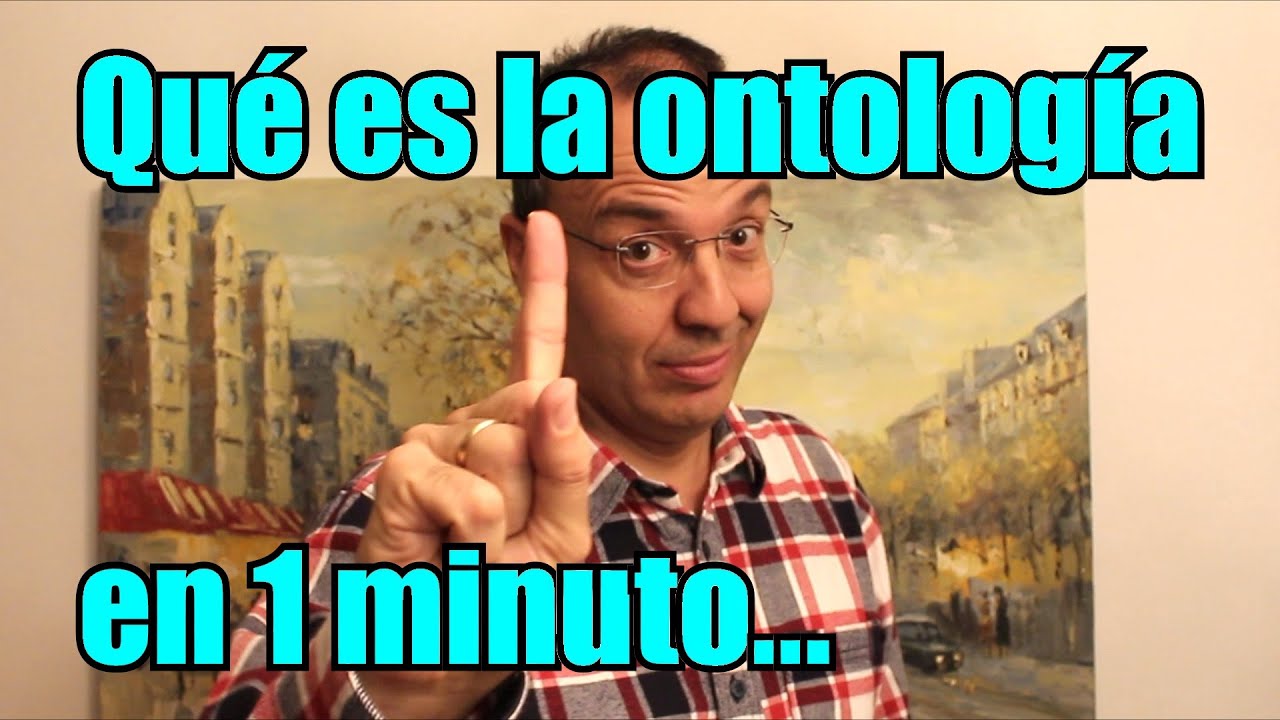The Significance of Ontology in Our Daily Lives
When we think about ontology, we often associate it with abstract philosophical concepts. However, ontology goes beyond the theoretical realm and actually plays a significant role in our daily lives. In this article, we will explore five eye-opening examples that demonstrate the connections between ontology and our reality. Get ready to unveil a whole new perspective on how ontology shapes our understanding of the world.
The Internet of Things: Where Objects Come to Life
The Internet of Things (IoT) has revolutionized the way objects interact with each other and with us. From smart homes to wearable technology, we are witnessing a world where objects have a certain level of autonomy and intelligence. This phenomenon is a prime example of ontology in action.
Every object connected to the IoT possesses a digital representation or identity. These digital twins are virtually inseparable from their physical counterparts and exist within an ontology-driven ecosystem. By understanding the ontology of these objects, we gain insight into the complex network of connections and interactions occurring around us. It opens up a world where devices collaborate with us and with each other to make our lives more convenient and efficient.
Social Media: The Web of Interconnected Identities
Scrolling through our social media timelines, we witness a myriad of connections between individuals, communities, and organizations. Social media platforms serve as virtual ontologies, where identities exist in a digitized network of relationships.
Our profiles, friend lists, and interactions on social media platforms create a comprehensive web of interconnected identities. This ontology of social media reveals not only our individual relationships but also the collective consciousness of our society. It acts as a reflection of our interests, values, and beliefs, impacting everything from marketing strategies to political campaigns.
Machine Learning: The Profound Understanding of Data
Machine learning algorithms have the remarkable ability to analyze vast amounts of data and uncover meaningful patterns and insights. This process relies on the manipulation and understanding of data within an ontological framework.
Through ontology, machine learning algorithms can categorize and relate data elements, creating a structured model that facilitates learning and decision-making. The ontology behind machine learning enables computers to not only process data but also recognize the connections and dependencies between different variables. It ultimately empowers machines to evolve and adapt based on new information, mirroring the way our own understanding of the world expands through experience.
Virtual Reality: Blurring the Boundaries of Perception
Step into the immersive world of virtual reality (VR) and you’ll quickly realize that the boundaries between reality and fiction become ambiguous. VR is a testament to the power of ontology in shaping our perception and experiences.
Virtual reality environments create artificial worlds where objects, people, and events possess their own ontological properties. These synthetic realities rely on the consistent application of rules and relationships, allowing users to interact with them as if they were part of our physical reality. The ontology of virtual reality transports us to new dimensions and challenges our preconceptions about what is real and what is not.
Semantic Web: Unleashing the Full Potential of Information
The semantic web takes the organization and interpretation of information to a whole new level. By utilizing ontologies, the semantic web enables machines to understand the meaning and context behind data, revolutionizing the way we search, analyze, and interact with information.
Ontologies play a crucial role in the semantic web by providing a standardized framework for representing knowledge. With ontologies, information becomes interconnected, allowing us to uncover hidden relationships and extract knowledge that would otherwise remain undiscovered. It empowers us to navigate through vast amounts of data effortlessly, unlocking new possibilities in research, education, and beyond.
Conclusion: Shaping Our Perception of Reality
Although ontology may seem like an abstract concept, its impact on our daily lives is undeniable. From the internet of things to virtual reality, ontology reveals the connections and relationships that shape our understanding of the world.
By recognizing the ontology behind these examples, we gain a deeper appreciation for the intricate web of connections that surround us. So, the next time you encounter a smart device, browse social media, or step into a virtual world, take a moment to ponder the ontology at play and how it contributes to our perception of reality.

